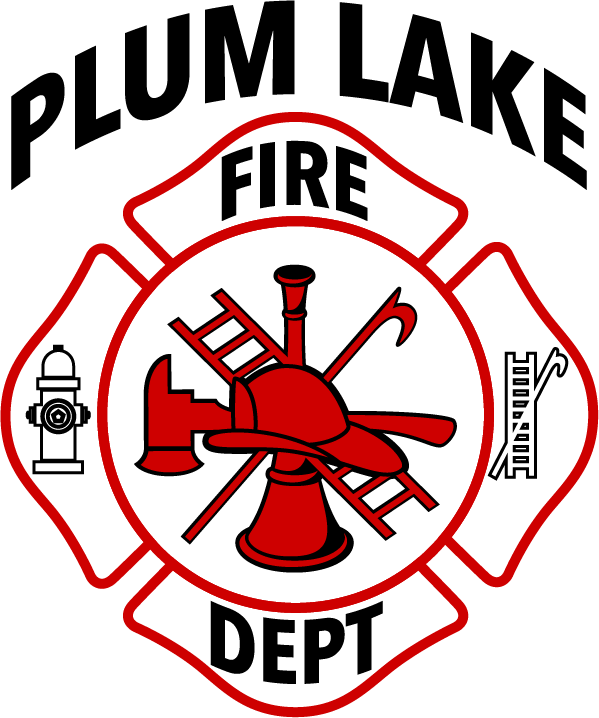Working Together for Home Fire Safety
More than 3,500 Americans die each year in fires and approximately 18,300 are injured. An overwhelming number of fires occur in the home. There are time-tested ways to prevent and survive a fire. It's not a question of luck. It's a matter of planning ahead.
Every Home Should Have at Least One Working Smoke Alarm
Buy a smoke alarm at any hardware or discount store. It's inexpensive protection for you and your family. Install a smoke alarm on every level of your home. A working smoke alarm can double your chances of survival. Test it monthly, keep it free of dust and replace the battery at least once a year. Smoke alarms themselves should be replaced after ten years of service, or as recommended by the manufacturer.
Prevent Electrical Fires
Never overload circuits or extension cords. Do not place cords and wires under rugs, over nails or in high traffic areas. Immediately shut off and unplug appliances that sputter, spark or emit an unusual smell. Have them professionally repaired or replaced.
Use Appliances Wisely
When using appliances follow the manufacturer's safety precautions. Overheating, unusual smells, shorts and sparks are all warning signs that appliances need to be shut off, then replaced or repaired. Unplug appliances when not in use. Use safety caps to cover all unused outlets, especially if there are small children in the home.
Alternate Heaters
- Portable heaters need their space. Keep anything combustible at least three feet away.
- Keep fire in the fireplace. Use fire screens and have your chimney cleaned annually. The creosote buildup can ignite a chimney fire that could easily spread.
- Kerosene heaters should be used only where approved by authorities. Never use gasoline or camp-stove fuel. Refuel outside and only after the heater has cooled.
Affordable Home Fire Safety Sprinklers
When home fire sprinklers are used with working smoke alarms, your chances of surviving a fire are greatly increased. Sprinklers are affordable - they can increase property value and lower insurance rates.
Plan Your Escape
Practice an escape plan from every room in the house. Caution everyone to stay low to the floor when escaping from fire and never to open doors that are hot. Select a location where everyone can meet after escaping the house. Get out then call for help.
Caring for Children
Children under five are naturally curious about fire. Many play with matches and lighters. Take the mystery out of fire play by teaching your children that fire is a tool, not a toy.
Caring for Older People
Every year over 1,000 senior citizens die in fires. Many of these fire deaths could have been prevented. Seniors are especially vulnerable because many live alone and can't respond quickly.
